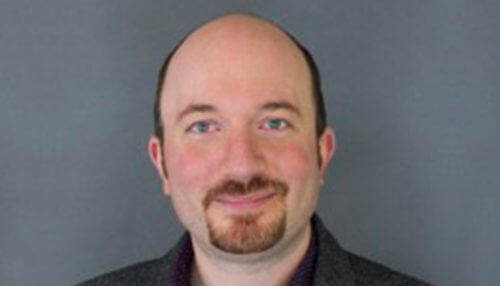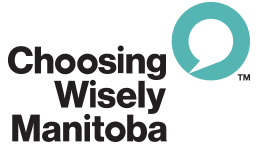Dr. Alex Singer

I think Choosing Wisely matters to every patient I see as it refocuses me to think carefully when making treatment decisions. As a physician, I accepted the obligation stated in the Hippocratic Oath to “do no harm” and fundamentally I think that is what Choosing Wisely is about. If physicians provide unnecessary or extraneous care, we will eventually harm someone – no diagnostic test, procedure, or medical treatment is risk free. Not only do we need to know when to do provide certain potentially life-saving tests and treatments, but equally important is knowing when not to perform those same interventions if doing so might actually harm the patient given different circumstances. Importantly, the Choosing Wisely campaign doesn’t try to tell us “never” do something, but rather encourages and supports us in using our clinical judgment and evidence-based patient centered rationale to make the best decisions. Typically medical education encourages us to be thorough, which is generally a good thing, but taken too far, we risk failing to be judicious when it is appropriate for our patients to do less.
I appreciate Choosing Wisely Manitoba for keeping us on top of the evidence and challenging us to question what we do. I think it’s useful that these recommendations are convenient, concise, peer-reviewed and evidence-based. In my practice, we’ve noticed that once you get engaged in thinking about the Choosing Wisely recommendations there is a collateral benefit – even if you haven’t memorized all the specific recommendations, you find yourself naturally questioning and more likely to modify your clinical practice for the patient in front of you. It also gets us thinking about other quality and efficiency improvements in our clinic that may be more “lean” than “choosing wisely”. One of the challenges or risks related to the advancement of the evidence-based medicine paradigm is that we seem to be encouraged to follow algorithmic protocols that can take discourage the heuristic interaction between patient and physician. Choosing Wisely encourages us to be judicious interpreters selecting the interventions that are right for our patients and being more cognizant of our role to treat each patient as an individual and not apply tests and treatments indiscriminately. Personally, I think it helps me be a more mindful doctor ensuring my care leads to truly beneficial outcomes in my patients.
Prescribing antibiotics is a good example; if we blindly dispense these powerful medications for every potential infection, we lose sight of what is best for each individual patient; perhaps I should not be worrying about the cough in a 5 year-old as much as an 70 year old with COPD.
My research and clinical work overlap in the clinic where I work. I’m privileged to work in a place that has been willing to change our practices based on our own EMR data and other benchmarks for some key indicators. Interestingly, it is giving us a new perspective on practice outliers and practice change, but also on how we need to make system changes that support us doing the right things, and help us avoid doing unnecessary things.
